Lejla Sehic Relic: "We are working in an environment where we need creativity to change and answer the demands of the community"
Lejla Sehic Relic, executive director of Volunteer Centre Osijek, talks about the creativity and other relevant values in the third sector organisations.
Lejla Sehic Relic is one of the Third Sector leaders involved in the Eu3Leaders project. The project is an Erasmus+ financed project with the mission to improve the quality of the trainings for Third Sector leaders in Europe.
How do you look for opportunities? How much creativity do you use in your daily work?
Just the fact that we work in the civil sector, I think it takes a lot of creativity. We are working in an environment where perhaps we have to change and answer the demands of the community that are also make to be changing. So we need to have first of all our eyes open, and also, mostly every day take about your tactics and how to answer these needs or trends that are, as I said, very much changing.
The way we spot opportunities, I would say that is the essence of our link. My organization is devoted to building a social capital in the community. Which is something is hard to draw. Relationships between people: positive relationships and trust among them it’s not the thing that you brought very easily and is not the thing that you can work on it, very exactly. So you need to be very attentive towards people needs and the general social trends that are existing. So yes, it takes a lot of creativity and it takes a lot of teamwork as well.
How do you take a lead on make the most of the opportunities that you have created?
Well, I would say on two levels. First level and I think for me the most important one, how to make my organization, to be a leader in the community towards this goal that I have already mentioned, to be the social capital, to help the community and country develop in the way that we would be that all people would feel comfortable or as most as we can accomplish, because we believe that every development is for the general community good and we are trying to be very sensitive towards excluded groups or groups in the risk of social exclusion.
And therefore, I think that it is important for us to present leadership in that way, to advocate positive values and by our example by some creative programmes that we implement in our community, to show to the rest of the community that there is another way of succeeding and developing.
And second level, of course, as much as I can, in a personal sense to present this positive model, of the same thing that I’ve been advocating for the society. So yeah, I’m trying to build and open an inclusive organizations.
Being a leader in third sector, you cannot escape dealing with ethical dilemmas. How do you engage one another as a team into making the final decision?
Well, reaching a consensus in our organization is an important value. We try to reach the consensus as many times as we can, and since we are not that victim is most of the time possible. Well, the process of consensus open the space for everybody to say their opinion and to seek together for the best solution. I’m very praise to say that this is working quite well. But, I also know since I am active in some networks and bigger organization is not always possible, to reach the consensus. Sometimes the situation is first answer and consensus is sometimes take time, if the dilemma is controversial or very important or emotional to the people. Then, of course, you go to detect axes where you try to find the solution that will be for the benefit of most of the people, as biggest number as you can reach.
As a leader, how often you visualize the future of your organization?
Well, we always talking about the vision, the vision is very important for us, as I said set of values and the vision is something we are trying all the time also to question. If you were right to imagine the future in that, three years or five years ago. The vision is a very good tool to motivate people to work with you, if they can feel the vision, if they can accept the set of the values, I would say that is the best way to motivate people, to help good people on board.
Do you have any strategies in place to make most of the ideas and opportunities to create value to your organization?
We have strategies, as I said starting from the vision, we have within the frame again of our values which is important, we have developed strategies. We are working in a very unstable sense of sustainability of these societies, especially financial one. We have to have few strategies and we try to implement the best possible strategy at the present time. At this point, in Croatia it’s not very favourable environment for the civil society organizations because the sustainability is in question, the finances are coming from government, there are being reduced. A lot of possibilities from EU funds but still the governmental organizations that implemented the finances are very slow, so, again, needs are changing. A lot of people are leaving in Croatia, a lot of young people are leaving Croatia because of the unemployment rate. So, we have to adjust how do we advocated people to be active in the community, how do we advocate people to trust to the institutions? It is a big challenge and we need to adjust, so, we need to adjust problematically and financially as well, but our vision is not changing and our set of values is not changing.
To what extend does the valuing ideas help in achieving vision of the organization?
For me, that’s very important. I personally believe that the set of values is important, not just in the professional but also in the private life, I’m trying to teach my children that is well. There are values that we do compromise with it, so our team in my organization also have some, there is a value frame that we don’t compromise with, but at the same time we are very flexible people and believe to, of course, always open the space to tolerance and respect. So, in that say yes, I do believe and I can say that now, eleven years after we have an established organization, I think we have a good reputation in our community, in our country, just because people see we have values and cherish and we are promoting them.
How do you as a leader see the way you can improve your creativity and the team you work with?
I have a rule to give people the responsibilities not the tasks, to give people the goal and the scoop of responsibilities, and let them be creative in how they’re going to achieve that. I would say people are accepting that very well and cherish their space of freedom and space of creativity.
* “This project has been funded with support from the European Commission. This publication [communication] reflects the views only of the author, and the Commission cannot be held responsible for any use which may be made of the information contained therein.”
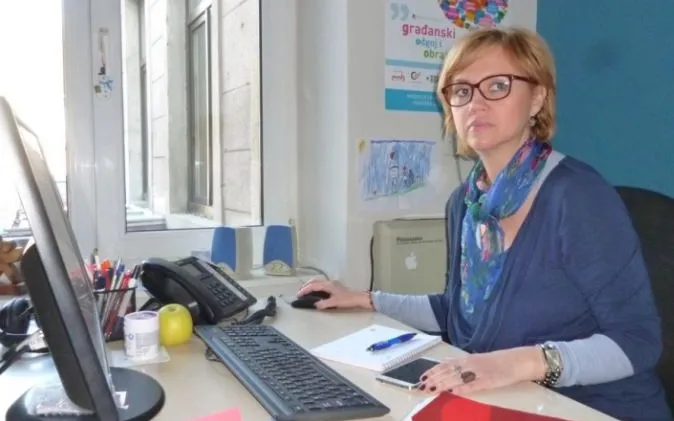
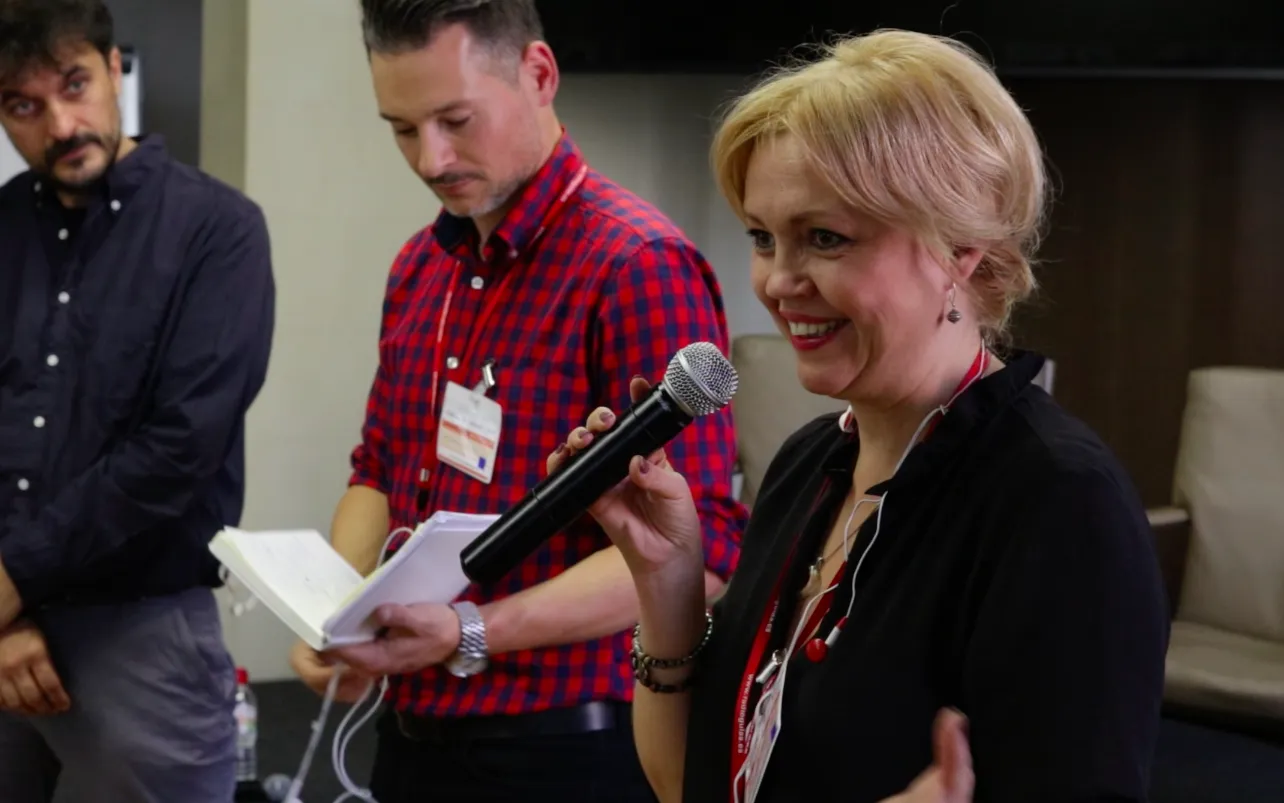
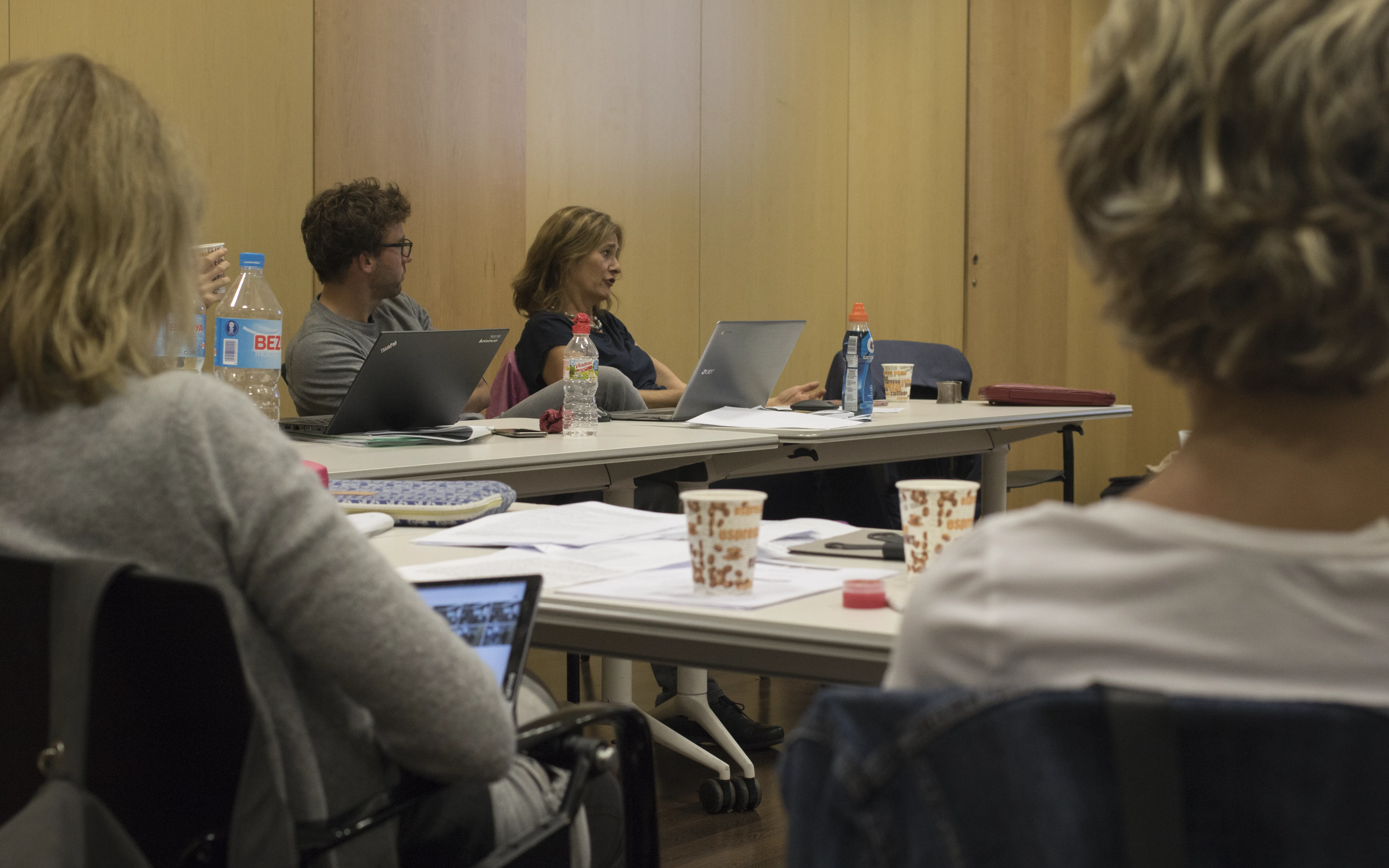
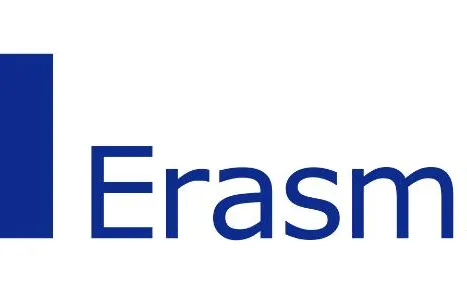
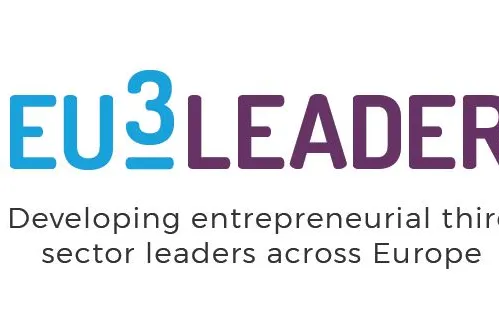


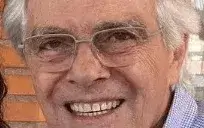
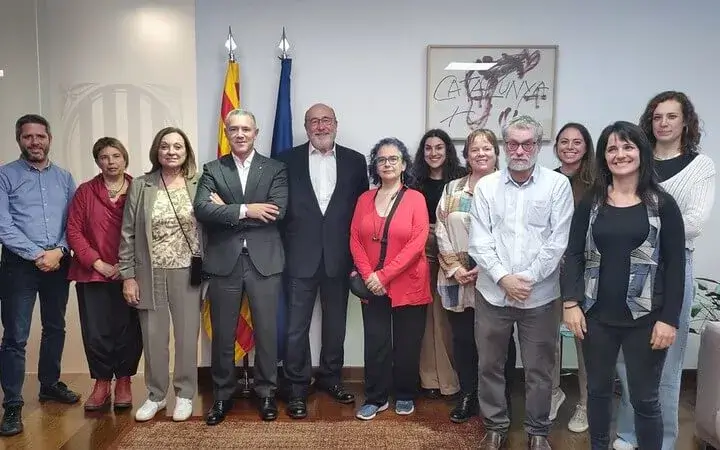

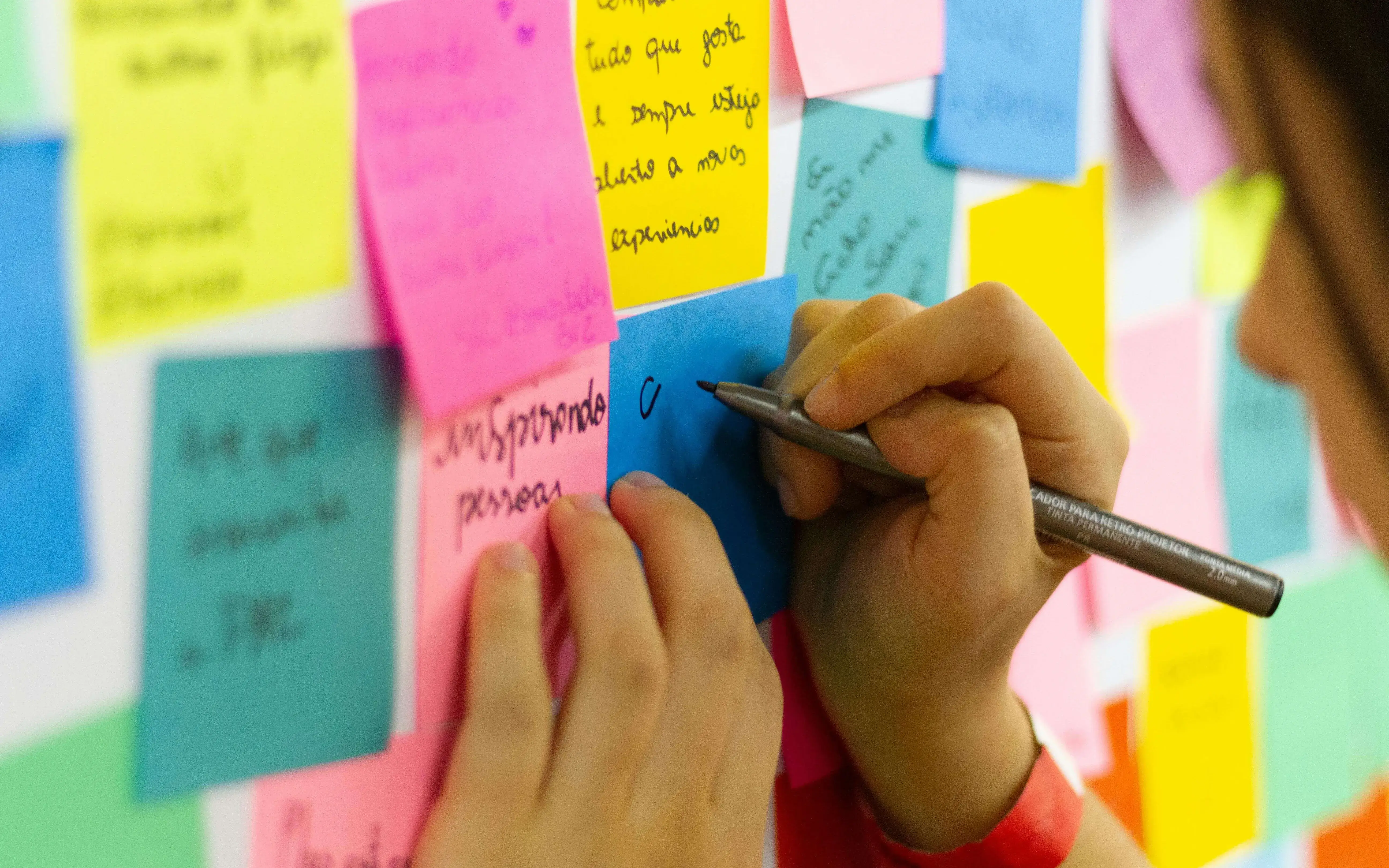
Add new comment